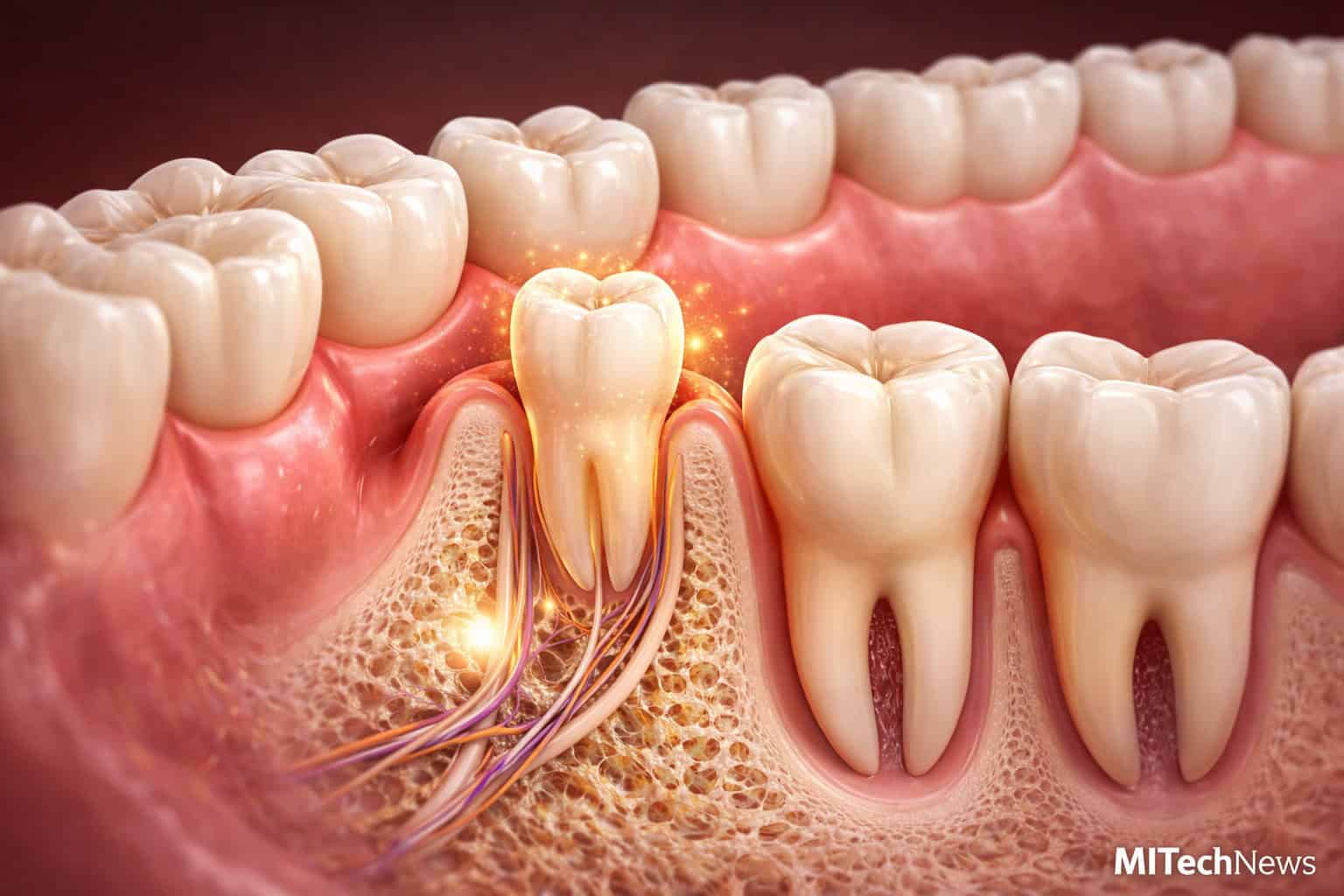NEW YORK – It was revealed this week that independent presidential candidate Robert F. Kennedy Jr. was once told by doctors that his severe memory loss and mental fog was caused by “a worm that got into my brain and ate a portion of it and then died.”
While it may sound like a shocking admission, the World Health Organization says parasitic worms are among the most common infections worldwide.
An estimated 1.5 billion people, or 24% of the world’s population, are infected with parasitic worms, otherwise known as helminths, according to the WHO. The main species that infect people are the roundworm, tapeworm, whipworm and hookworm.
Parasitic worms are transmitted by eggs present in human feces, which in turn contaminate soil in areas where sanitation is poor.
“You ingest the eggs and those eggs will go on to hatch. And in their larvae form, they will spread throughout the body and, depending on what tissues in the body they end in, they cause a disease,” Francisca Mutapi, a professor of global health infection and immunity at the University of Edinburgh, told NPR. “For example, if the larvae end up in the eyes, they can cause blurred vision and blindness. If they end up in the muscle, they can cause weak muscles. But if they end up in any part of your central nervous system – your spine or brain – then they cause a form of disease that’s called neurocysticercosis… It can cause headaches and seizures.”
Parasitic worms impair the nutritional status of people they infect in multiple ways, according to the WHO. The worms feed on host tissues, including blood, which leads to a loss of iron and protein. Hookworms also cause chronic intestinal blood loss that can result in anemia. The worms increase malabsorption of nutrients and can also cause loss of appetite and, therefore, a reduction of nutritional intake and physical fitness.
The worms are transmitted by eggs that are passed in the feces of infected people. Adult worms live in the intestine where they produce thousands of eggs each day. In areas that lack adequate sanitation, these eggs contaminate the soil. This can happen in several ways, according to the WHO:
• Eggs that are attached to vegetables are ingested when the vegetables are not carefully cooked, washed or peeled;
• Eggs are ingested from contaminated water sources; and
• Eggs are ingested by children who play in the contaminated soil and then put their hands in their mouths without washing them.
In addition, hookworm eggs hatch in the soil and release larvae that mature into a form that can actively penetrate the skin. People become infected with hookworm primarily by walking barefoot on the contaminated soil.
There is no direct person-to-person transmission or infection from direct contact with feces, because eggs need about three weeks to mature before they become infectious.
According to the WHO, people with infections of light intensity (few worms) usually do not suffer from the infection. Heavier infections can cause a range of symptoms including intestinal manifestations (diarrhea and abdominal pain), malnutrition, general malaise and weakness, and impaired growth and physical development. Most infections are treated with medicines, including albendazole and mebendazole. Infections of very high intensity can cause intestinal obstruction that require surgical treatment.
To read more, click on MSN






